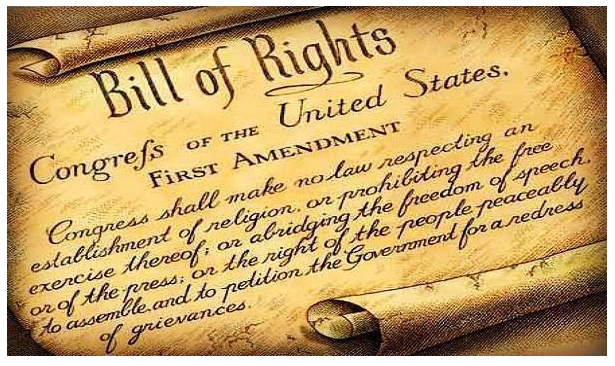In Afghanistan, under the Taliban, it is estimated that over 20 million people are on the verge of starvation, and 5 million or more are children. They identify religiously as a fundamentalist Islamic nation. Ostensibly, their Koran finds virtue in love, peace, and service to others, yet they oppress women, deprive girls of education, and their warring ways have caused them to be ostracized by all nations who might be able to address their humanitarian crisis of poverty and starvation. Attempts to express dissent or appeals for compassion, even when they are informed by pious Islamic beliefs such as love, peace, and kindness, are met with intolerance, cruelty, and death.
In Israel, there are the extreme Israeli nationalist settlers in the West Bank and those with aims to create more settlements in Gaza. They see themselves as the latest version of Zionism, entitled to claim this land by virtue of promises from God. Netanyahu has supported and turned a blind eye to their tactics of destroying Palestinian communities (including clinics and schools) and driving them out of the West Bank. Like so many fanaticisms they claim that God is on their side, they justify all manner of cruel behavior toward others whose only aim in life is to live in peace, educate their children, earn a living, and honor their own traditions in culture and religion.
And then, we have White Christion Nationalism (WCN) in America. Yale professor Philip Gorski observed: “Trumpism is, among other things, the latest version of the WCN frame. Echoing the promised land story, Trump says he will ‘take back the country’ from the outsiders and invaders who have taken control—immigrants and secularists, Muslims and Mexicans—and then restore it to its rightful owners: ‘real’ (that is, white, Christian) Americans. Echoing the end times story, Trump paints the world in terms of us and them, good and evil, and hints at violent struggles to come. The first such struggle took place on January 6, 2021. It will not, I fear, be the last.”

Congress shall make no law respecting an establishment of religion, or prohibiting the free exercise thereof; or abridging the freedom of speech, or of the press; or the right of the people peaceably to assemble, and to petition the Government for a redress of grievances
I was raised in main line Christianity, the Lutheran church. I went to Sunday school, was trained in the teachings of Jesus, and I was confirmed as an adult member of the church. The values I most identified with were those of love and kindness toward others. Even when I did not apply these values properly, I knew that I should have, that I had failed in not doing so. And later in life, after having a son born with Down Syndrome, I joined with adults from other religious sects to talk about how it might be most meaningful to introduce our children to any of the Abrahamic forms of religion. We quickly discovered that the key was to keep it simple: love, peace, service to others.
If you honor these traditions, you know that God loves all his children. Everyone is born with the right to be treated with dignity. We also know that it is our responsibility to love our neighbor. We can do this while holding different political views, conflicting opinions on economic or foreign policy matters. But when we vehemently define our political views or party as God’s way, the only way sanctioned by God, we make ourselves a god. In Western democracies we have chosen to separate the mandates of law from those of religion. We have chosen to allow one another to make their own moral choices, even when they are not guided by our beliefs or any religious beliefs at all.
Imposing our beliefs on others is not the answer. And for us to make our laws the handmaiden of our religious beliefs is crossing the line. Rather, let us use reason and reasonableness to consider the values we share as peoples from different traditions. Let us find that overlapping consensus on what is good, right, and proper in law and policy, something we believe allows us each the moral freedom we deserve while practicing citizenship in a constitutional form of democracy.





